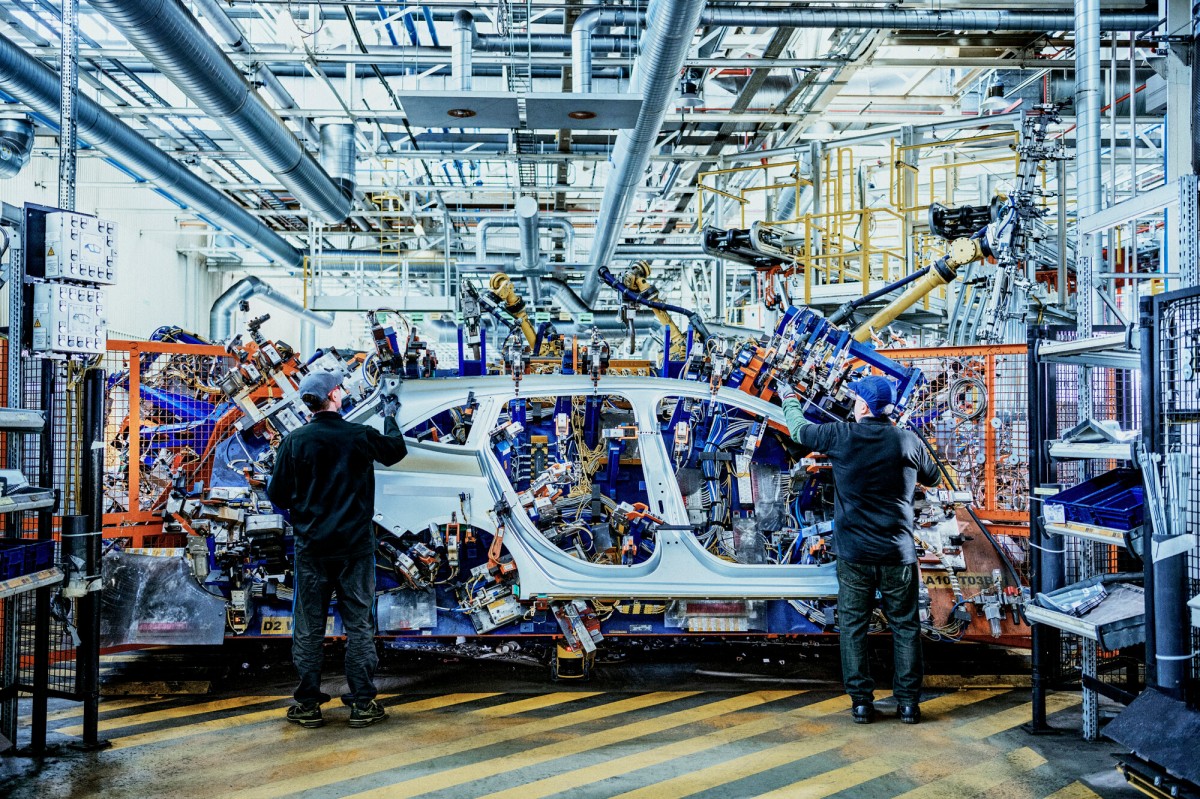

The US manufacturing industry has experienced a significant boom in recent years, primarily due to technological advancements and globalization. The industry contributes significantly to the economy and provides employment opportunities for millions of people across the country.
However, the industry's growth has also led to challenges, one of which is the real estate problem it faces. With manufacturing companies expanding and setting up new facilities, finding suitable real estate is becoming increasingly difficult.
Manufacturing companies require vast spaces to set up their facilities, and the location of these facilities can significantly impact the real estate market. For instance, companies setting up facilities in urban areas can drive up real estate prices, making it challenging for individuals and businesses to afford properties in these areas.
Moreover, the presence of manufacturing facilities in residential areas can affect the quality of life of residents due to the noise pollution and environmental hazards associated with manufacturing activities.
Manufacturing companies face several challenges when it comes to finding suitable real estate. The high demand for real estate in urban areas has led to a shortage of available land and a surge in real estate prices. As a result, companies may have to expand their search to suburban or rural areas, which may not be as desirable due to their distance from key urban centers.
Additionally, manufacturing facilities require specialized infrastructure, such as transportation networks and utilities, which may not be readily available in some locations. These challenges can significantly impact a company's bottom line, affecting its ability to compete and thrive in the industry.
To address the real estate problem associated with the US manufacturing industry, several solutions can be explored. For instance, manufacturing companies can consider setting up facilities in less expensive areas, such as rural locations, where land is readily available and affordable.
Alternatively, companies can consider partnering with real estate developers to construct purpose-built facilities that meet their specific needs. This approach can be cost-effective in the long run and ensure that the facilities meet the required infrastructure and environmental standards.
Conclusion
The real estate problem associated with the US manufacturing industry is a complex issue that requires careful consideration. While the industry's growth is beneficial to the economy, it also poses significant challenges that must be addressed to ensure its sustainability.
Manufacturing companies must explore various solutions to find suitable real estate while also ensuring that their operations do not negatively impact the quality of life of residents in the surrounding areas.
In classic Trump fashion, big promises are back on the menu—this time, it’s peace in…
As millions lit candles and whispered prayers for peace this Easter, a storm of violence…
It turns out Americans are a bit torn when it comes to how they feel…
Something is deeply wrong in this country. You feel it. It’s that gnawing unease in…
In a move that’s already raising eyebrows and turning heads across the globe, the United…
In a rare face-to-face meeting that turned a lot of heads, Russian President Vladimir Putin…